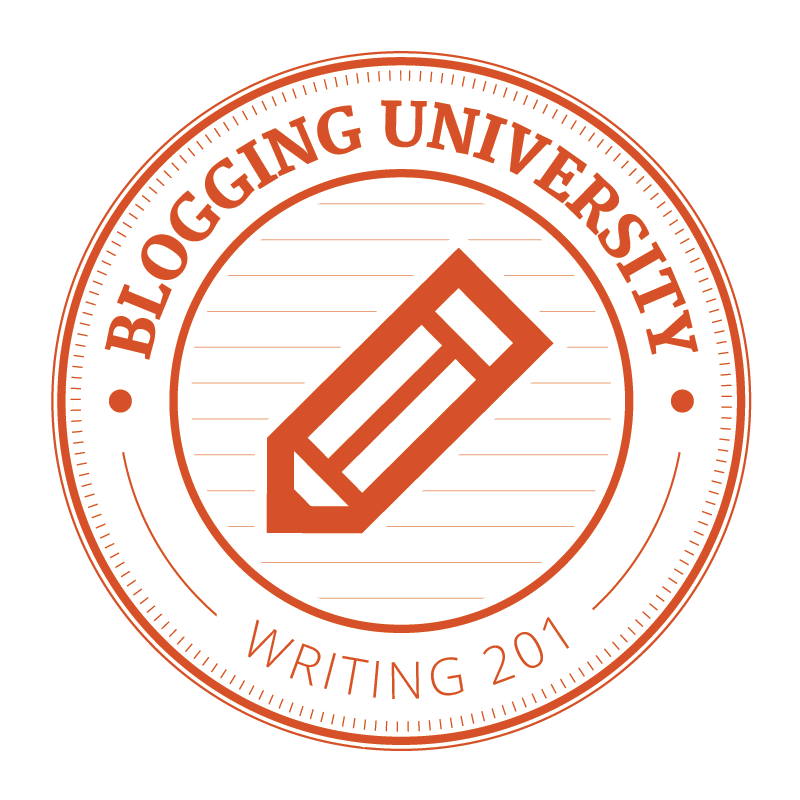Superfoods for the Brain
Beans. Beans are "under-recognized" and "economical," says Kulze. They also stabilize glucose (blood sugar) levels. The brain is dependent on glucose for fuel, Kulze explains, and since it can't store the glucose, it relies on a steady stream of energy -- which beans can provide. Any beans will do, says Kulze, but she is especially partial to lentils and black beans and recommends 1/2 cup every day.
Pomegranate juice. Pomegranate juice (you can eat the fruit itself but with its many tiny seeds, it's not nearly as convenient) offers potent antioxidant benefits, says Kulze, which protect the brain from the damage of free radicals. "Probably no part of the body is more sensitive to the damage from free radicals as the brain," says board-certified neurologist David Perlmutter, MD, author of The Better Brain Book.
Citrus fruits and colorful vegetables are also high on Perlmutter's list of "brainy" foods because of their antioxidant properties -- "the more colorful the better," he says. Because pomegranate juice has added sugar (to counteract its natural tartness), you don't want to go overboard, says Kulze; she recommends approximately 2 ounces a day, diluted with spring water or seltzer.
Freshly brewed tea. Two to three cups a day of freshly brewed tea -- hot or iced -- contains a modest amount of caffeine which, when used "judiciously," says Kulze -- can boost brain power by enhancing memory, focus, and mood. Tea also has potent antioxidants, especially the class known as catechines, which promotes healthy blood flow. Bottled or powdered teas don't do the trick, however, says Kulze. "It has to be
freshly brewed." Tea bags do count, however.
Dark chocolate. Let's end with the good stuff. Dark chocolate has powerful antioxidant properties, contains several natural stimulants, including caffeine, which enhance focus and concentration, and stimulates the production of endorphins, which helps improve mood. One-half ounce to 1 ounce a day will provide all the benefits you need, says Kulze. This is one "superfood" where more is not better. "You have to do this one in moderation," says Kulze.
Friday, January 12, 2007
Be Smart
Subscribe to:
Post Comments (Atom)


No comments:
Post a Comment